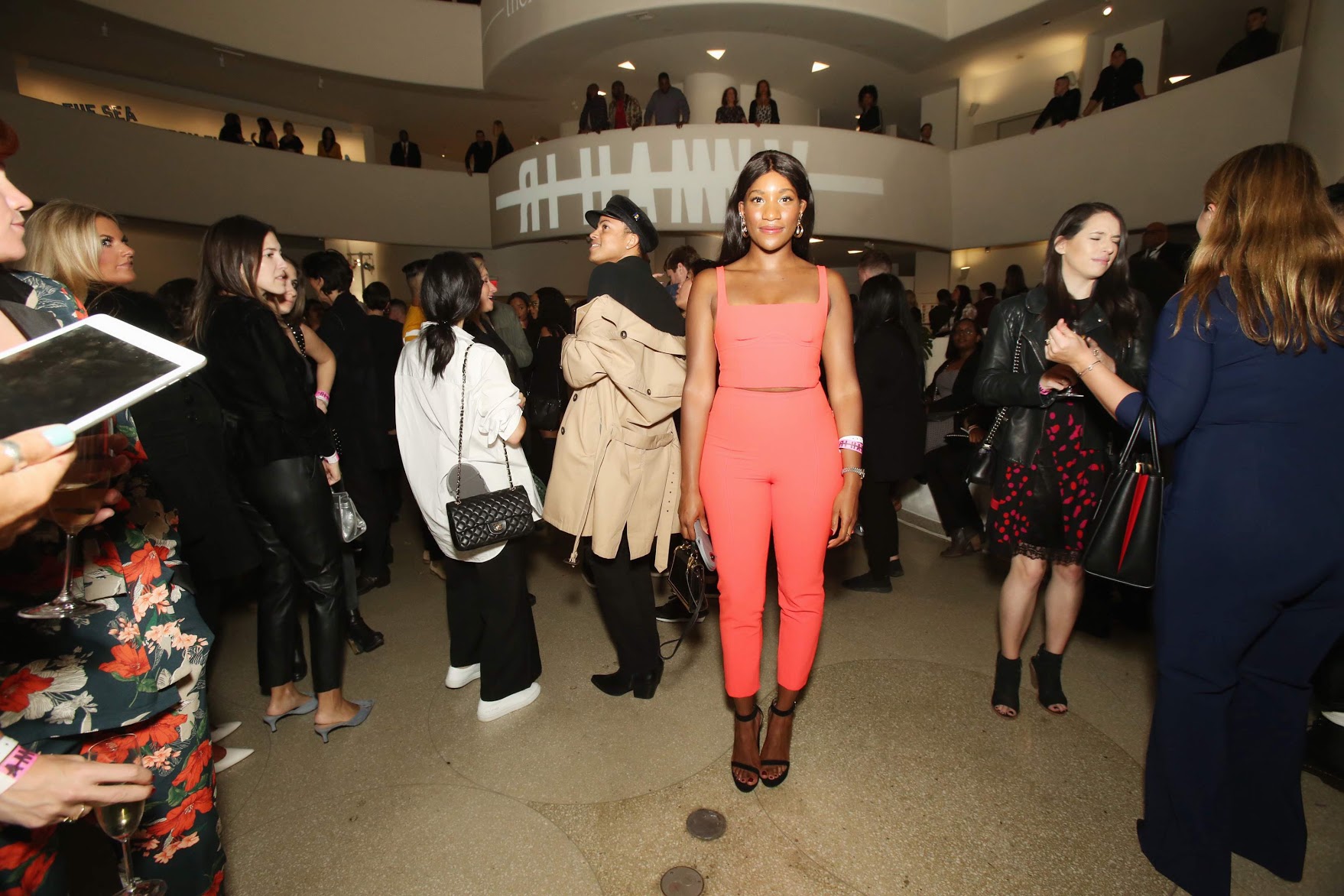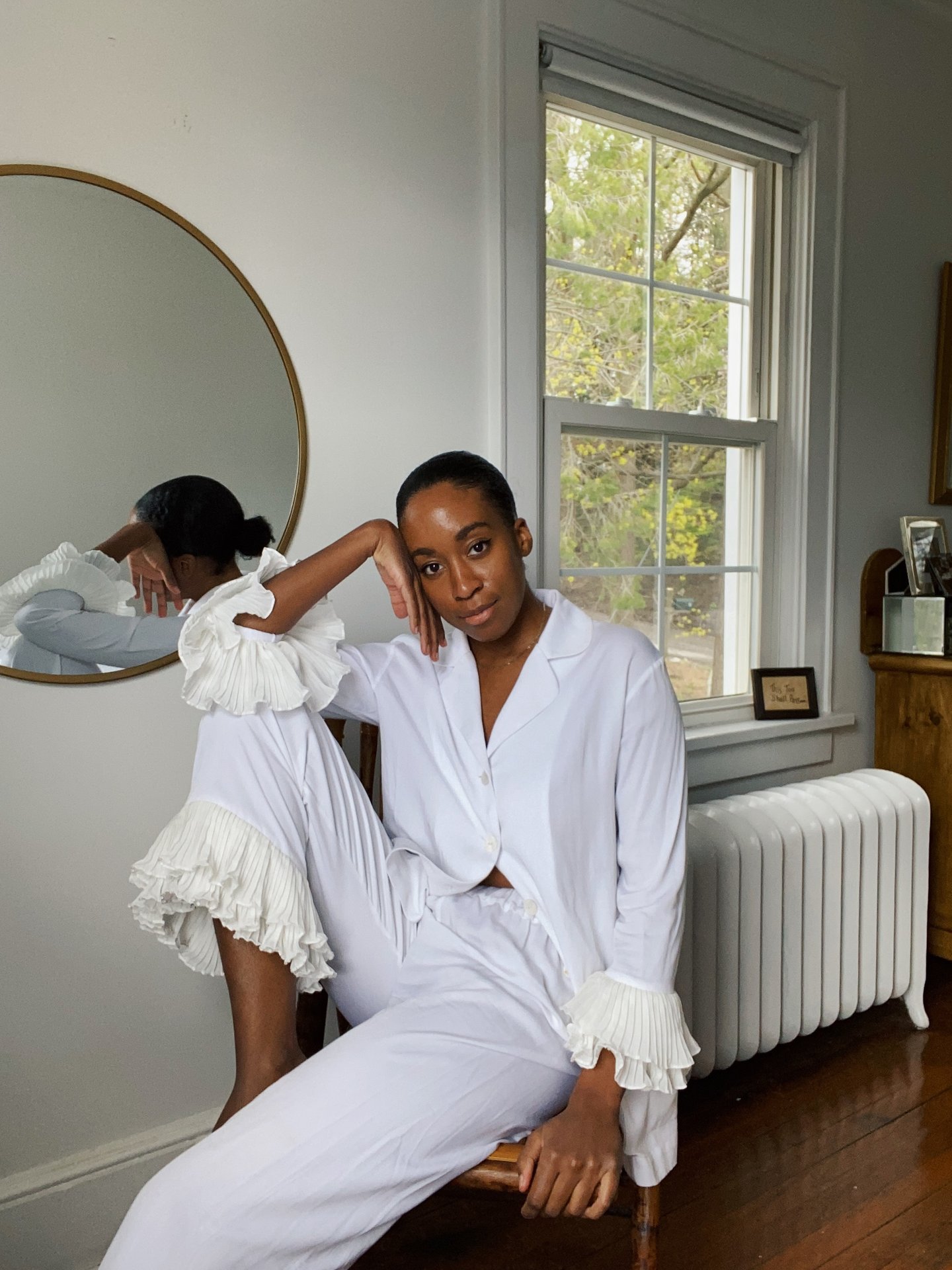In the wake of the murders of George Floyd and Ahmaud Arbery, the fashion and beauty industries have struggled to formulate meaningful responses. Brands and influencers alike have come under fire for statements that missed the mark, performative allyship, or saying nothing at all. Critics and consumers have flooded social media demanding change for all the right reasons.
Two of the industry’s most vocal critics and influential voices in the movement are Chrissy Rutherford and Danielle Prescod. The duo has extensive, first-hand experience encountering racism in the industry. Rutherford, who most recently served as Special Projects Director for Harper’s Bazaar, and Prescod, who is currently the Style Director for BET and has worked for titles such as InStyle and Elle, swiftly took to their platforms to speak out on the Black Lives Matter Movement and educate their followers.
The result was astounding. The duo both experienced viral moments – Prescod attracted over 2.5 million views on her post calling out companies for performative allyship and failing to address previous instances of racism. Meanwhile, Rutherford garnered over 5 million views – thanks to the support of celebs like Ariana Grande – for a video imploring her followers to speak up on their platforms in support of Black lives and to learn to be “anti-racist.” Both their follower counts on the platform doubled.
Brands and influencers were quick to take notice, flooding both their inboxes with requests for guidance during this time. While the longtime friends discussed the sheer volume of inquiries from multiple brands and talent, an idea was born.
“After I posted my video, the next morning I had several influencers who all have over 1 million followers blowing up my phone asking, ‘Should I speak out about this? What do I say?’” said Rutherford. “Simultaneously, we had brands hitting up our inboxes shortly after our videos to be like ‘Hey, can we talk?’”
“We got a lot of messages, and we were so overwhelmed,” Prescod added. “People wanted us to weigh in to help educate them, and tell them what to do. I was like, we’ve been doing that for free. Now you’re going to pay us.”











